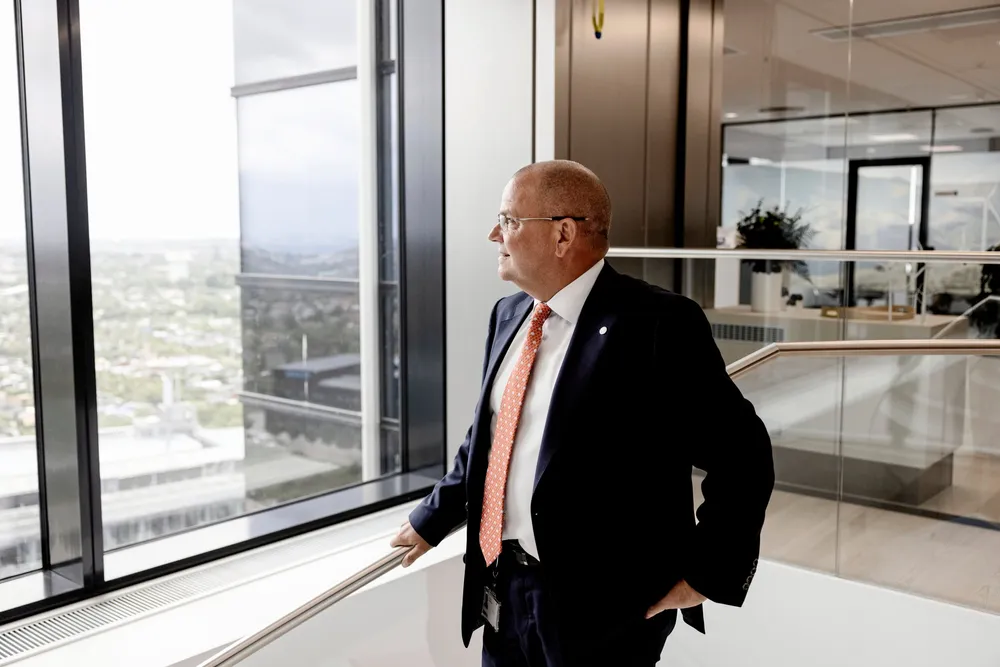Vestas says EU needs shift to 'execution mode' if Clean Industrial Deal to work
WindEurope and turbine giant welcome EU plan to couple competitiveness boost with decarbonisation but insist on faster permitting and smarter auctions

The wind industry welcomed the EU’s Clean Industrial Deal as “spot on” and a way to boost competitiveness but also cautioned the plan’s success now depends on implementation.
The Commission has included an intermediate 2040 target of 90% net greenhouse gas emissions reduction in the plan, and accompanied the deal by the Affordable Energy Action Plan, a myriad of measures and guidance designed to push down energy prices.
“The Clean Industrial Deal is clear: electrification based on homegrown energy is the way to go to boost our industrial competitiveness. Spot on,” said WindEurope chief policy officer Pierre Tardieu.
“It says accelerating renewables permitting and grid expansion is essential. Yes.
“It’s great the European Investment Bank [EIB] will help by boosting grid equipment manufacturing and de-risking renewable Power Purchase Agreements.”
Danish wind turbine manufacturer Vestas also welcomed the intent to strengthen European competitiveness, in which it said wind power played a key role to reach “an affordable, secure and sustainable energy supply.”
But Vestas in a note added: “Success depends on implementation to secure the right market fundamentals.
“From faster permitting and smarter auctions to the right supportive mechanisms to enable scale. It's time to get into execution mode.”
The European Commission is trying to convince member state governments to make contract for difference (CfD) auctions the main mechanism to allocate renewables support and has promised to issue guidance on CfDs and corporate power purchase agreements (PPAs) in the last quarter of this year.
The Thüga network of German municipal utilities, while welcoming the main parts of the Clean Energy Deal on strengthening competitiveness and advancing towards climate neutrality, warned that new bureaucracy hidden in the multiple measures announced in the plan could overwhelm smaller power players.
Regarding the inclusion of the energy industry in European financial market regulation, Thüga chairman Constantin Alsheimer said: “The associated proof and reporting obligations involve considerable bureaucratic implementation effort and could overwhelm smaller energy suppliers.
“We are also critical of the aid rules proposed by the Commission. These work against the municipal energy industry because they make decentralised marketing models in the capacity market more difficult.
“This would be a significant disadvantage, particularly for Germany with its strong municipal utility landscape.”
The Commission said it will simplify state aid rules by June 2025, to accelerate the roll-out of renewables. As part of this, the Commission will assess aid for nuclear supply chains and technologies, which previously had been denied.
The guidelines on CfDs and PPAs are also linked to the state aid simplification.
(Copyright)